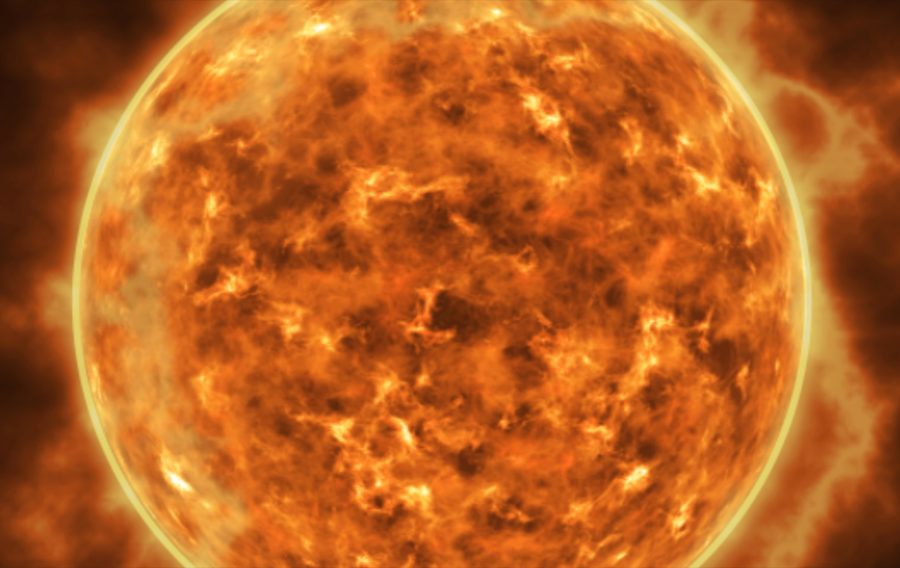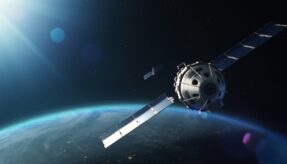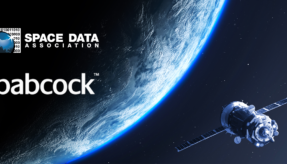
A new report from the UK Space Agency looks at the economic benefits of spending in space science.
The report has found that £523million in UK Space Agency funding into the ESA’s Space Science programme has generated £1.4billion for UK industry. The UK industry regularly secures major ESA contracts to provide mission spacecraft platforms, support mission operations and develop major subsystems.
To support UK involvement in the build and data exploitation of the science instruments themselves, the UK Space Agency provides separate funding to the academic community. The investment, between 2000-2018, created 306 jobs.
Chief Scientist at the UK Space Agency, Chris Lee, said: “Having a major role in space science programmes is like playing in the Champions League. Technology doesn’t get much harder than this and the insights these missions offer and the skills they create permeate the entire UK space economy – supporting our leading role in areas such as telecommunications, Earth observation and weather satellites.”
One of the missions addressed by the report, Solar Orbiter, is due to launch in February. This will take the most detailed images ever of the Sun and provide crucial information about how our star’s volatile activity affects its atmosphere.
This knowledge will help improve predictions of space weather events, which can disrupt and damage satellites. Imperial College London and UCL Mullard Space Science Laboratory are leading international teams to design and build two instruments while the Science and Technology Facilities Council’s RAL Space and UCL are major contributors to two more and from which future operational requirements will be defined.
If you would like to join our community and read more articles like this then please click here.
ESA finance programmes satellite Space space weather UK Space Agency








